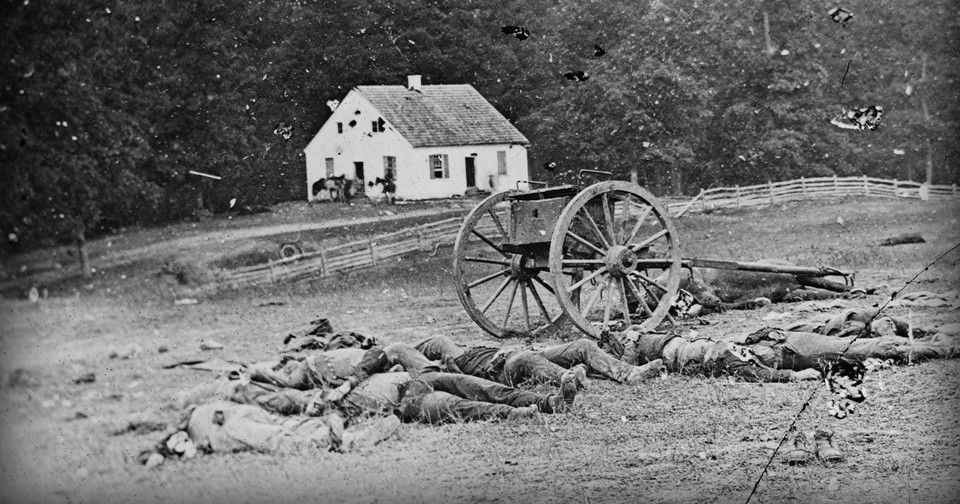LovesMusic7360
Well-known member
Offline
Not long ago Kari Lake proclaimed Arizona's abortion law was a great law and wanted it the law of the state.
Now that she has gotten her way, she is lobbying for it to be repealed.
As I have been saying since 2022, the overwhelming vast majority of women aren't going to vote for the man who proudly boasts that he got rid of Roe V. Wade. Nor are those women going to vote for a forced birther politician.
Turns out, republican belief in "pro life" was all just lies to get votes. Who is surprised? I sure am not.
How many forced birthers will do the same about face?
https://www.msn.com/en-us/news/other/ka ... r-BB1ltx3I.
Arizona Republican Senate candidate Kari Lake is actively lobbying state lawmakers to overturn a 160-year-old law she once supported that bans abortion in almost all cases, a source with knowledge of her efforts told CNN.
Now that she has gotten her way, she is lobbying for it to be repealed.
As I have been saying since 2022, the overwhelming vast majority of women aren't going to vote for the man who proudly boasts that he got rid of Roe V. Wade. Nor are those women going to vote for a forced birther politician.
Turns out, republican belief in "pro life" was all just lies to get votes. Who is surprised? I sure am not.
How many forced birthers will do the same about face?
https://www.msn.com/en-us/news/other/ka ... r-BB1ltx3I.
Arizona Republican Senate candidate Kari Lake is actively lobbying state lawmakers to overturn a 160-year-old law she once supported that bans abortion in almost all cases, a source with knowledge of her efforts told CNN.


